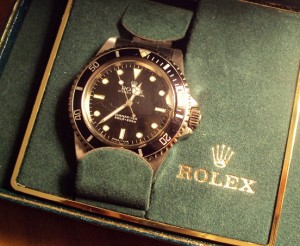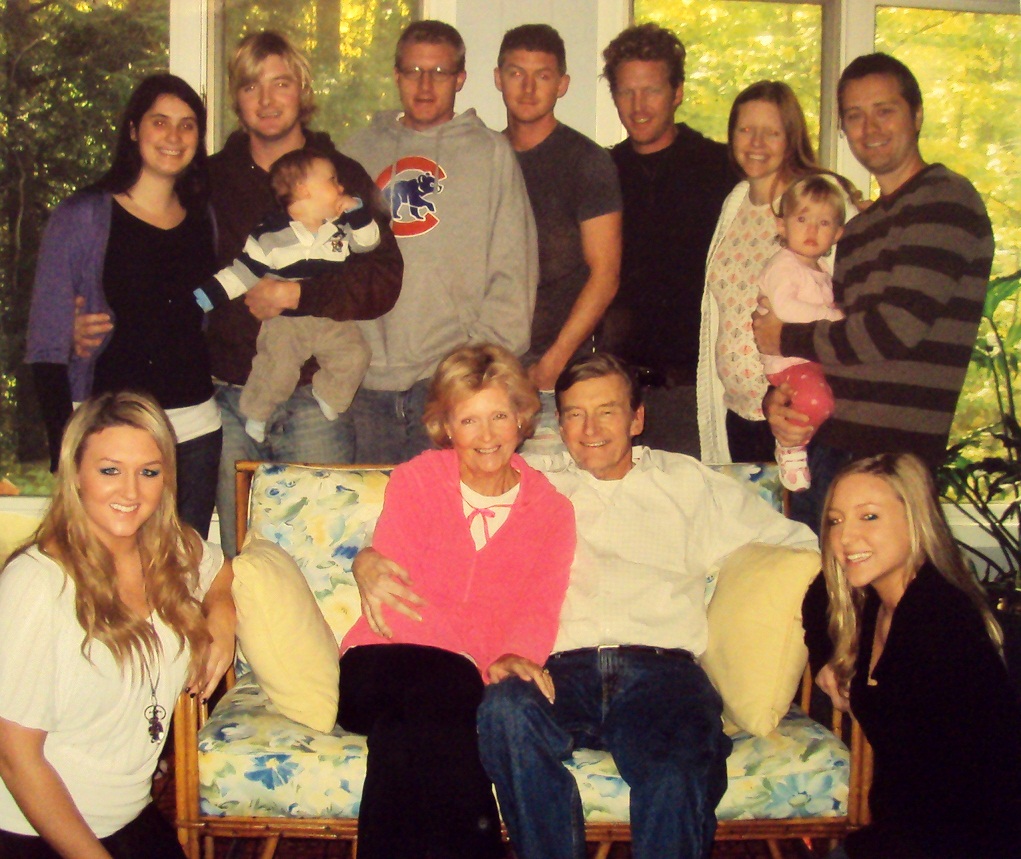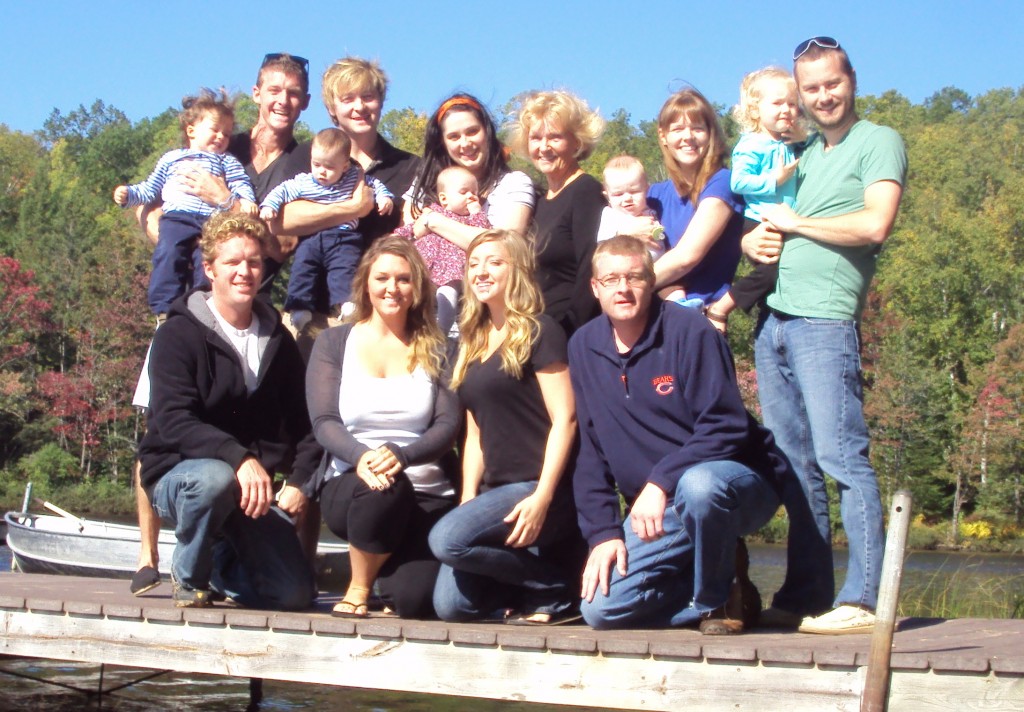Nate once gave me a Rolex watch worth $5000. When I later lost it, I felt awful. Twenty-five years ago, the only people who were given gold watches had earned them by working forty years at the same institution. Retirement and the watch came together. I hadn’t done a thing to deserve such a fine gift. As always, Nate had been generous to his wife but not to himself, buying the watch he wished he had, for me. His own watch came from Walmart.
When I tried to think of some way to show my remorse over losing the watch, my only idea was to buy a Rolex for him. But I didn’t work outside our home and had no paycheck. The weekly allowance he gave me worked well to manage our household, but the dollars were all spoken-for. The only answer was to save a little here and there until I had enough.
It took me several years, but the day finally came when I counted $2500 in my plump envelope of bills. I drove to Peacocks Jewelry Store feeling like a Depression-era child finally able to buy her dream bicycle.
As the salesman spread out the few Rolex designs my money would buy, I chose the one that most resembled his cheaper watch, but of course this one would be a real Rolex. Before I left the store, I asked if they could engrave something on the back:
“I’ll love you till the end of time. Your Meg, Christmas, 1985.”
Although men are often difficult to buy for, I couldn’t wait for Christmas morning. When it finally came, my gift was the hit I’d hoped it would be. Nate was dumbfounded when he saw the Rolex box, then delighted all over again to find I hadn’t just used my empty box for something else but had put the real thing inside. When he turned over the watch and saw the message, he was grateful for my expression of timeless love.
God also testifies of his deep love for us with an engraving. He’s carved us on his palms. In an effort to impress us with the depth of his loving bond, he compares a nursing mother and her baby to his relationship with us and asks, “Can a mom forget her nursing child?”
I nursed all my babies. When I’d go out for an evening, leaving the baby at home, my body would continue to produce milk just as if the baby was consuming it. Sometimes so much milk accumulated that when I got home, I’d pick up my sleeping infant and coax him or her to have an unscheduled meal, just to relieve the pressure. For this reason, no nursing mother can forget her baby.
The Lord says he feels that way toward us, saying even in the unlikely case a nursing mother should forget, he never will. To prove it, he engraved us on his palms.
Nate’s watch has been set aside now. I still love him but only from afar. The good news about God’s engraved promise is that his love doesn’t have a stopping point. He won’t ever abandon us, become disinterested or forget about us.
Not ever.
“Can a mother forget the baby at her breast and have no compassion on the child she has borne? Though she may forget, I will not forget you! See, I have engraved you on the palms of my hands.” (Isaiah 49:15-16)




